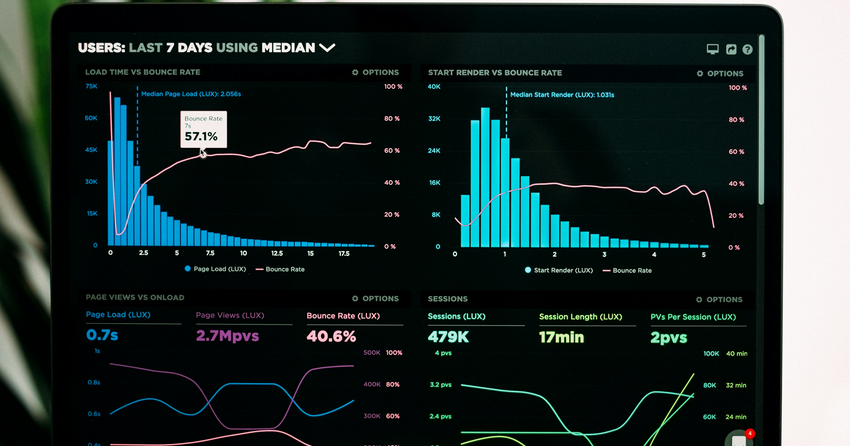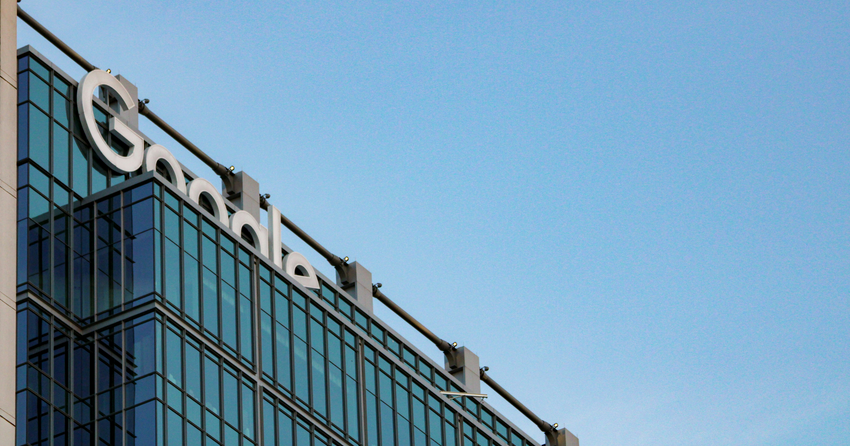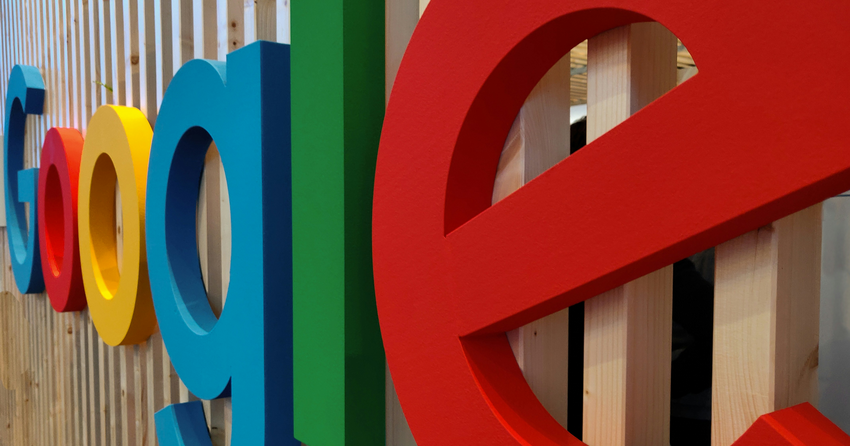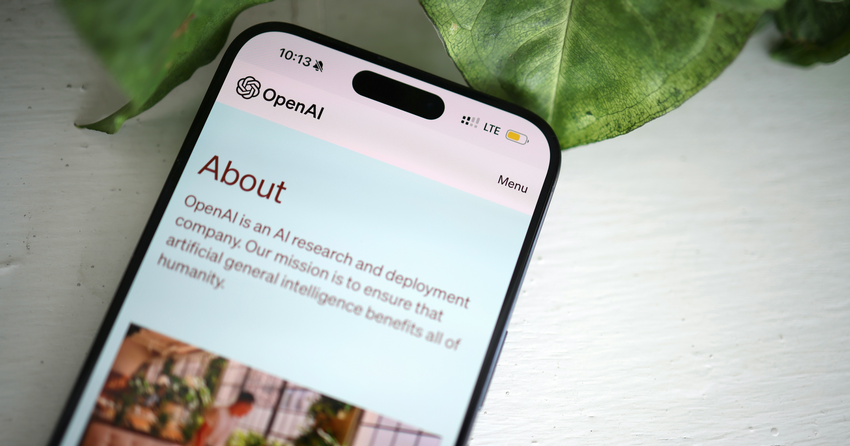
Meta Ends Fact-Checking Program To Allow Free Expression
Meta kicked off 2025 with a controversial decision, announcing it would end its fact-checking program and loosen restrictions around what people can say across its social media platforms.
In 2016, the company behind Facebook, Instagram, and Threads implemented a fact-checking program. Its fact-checking operations were handled by third-party, independent organizations, who review content on Meta’s apps and give users more context about the posts they see.
However, Meta now believes it’s been using excessive enforcement of its own rules, resulting in wrongful censorship of content potentially legitimate speech and debate that hasn’t violated its policies. According to Meta’s recent press release, even independent fact-checkers “have their own biases and perspectives.” Moving forward, the company will embrace an X-style approach that favors free expression, where “all the good, bad and ugly is on display.”
Meta’s new Community Notes program will roll out in the US over the following months. This program will feature contributing users who will write and rate notes, and as the press release stipulates, “will require agreement between people with a range of perspectives to help prevent biased ratings.”
As the Community Notes program goes into effect, Meta will kill its fact-checking control, stop demoting fact-checked content, and replace full-screen warnings with “a much less obtrusive label,” which signals additional information is available for those who want to see it.
By eliminating third-party fact-checking, Meta is following in X’s footsteps by allowing more freedom of expression across its platforms, particularly on topics like immigration, gender identity, and gender. However, in the past, a hate speech watchdog blamed X for failing to detect hate speech in 99% of cases, resulting in hate and disinformation “spreading like wildfire.”
Joel Kaplan, Meta’s Chief Global Affairs Officer, cites Zuckerberg’s 2019 speech at Georgetown University – where he argued for free expression – as the reason for the recent content policy shift. However, many think Meta is relaxing content rules to appeal to incoming US President Donald Trump, who heavily criticized the company in the past and even threatened to jail Zuckerberg for life. Meta’s decision to show more political content in feeds further fueled these doubts.
According to Meta’s CEO, the recent content policy changes mark a return to Facebook’s and Instagram’s “roots around free expression,” and the company’s new, “more personalized approach” will allow those interested to see more political posts in their feeds.













